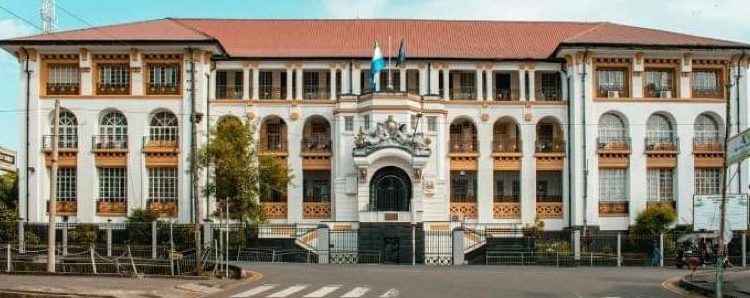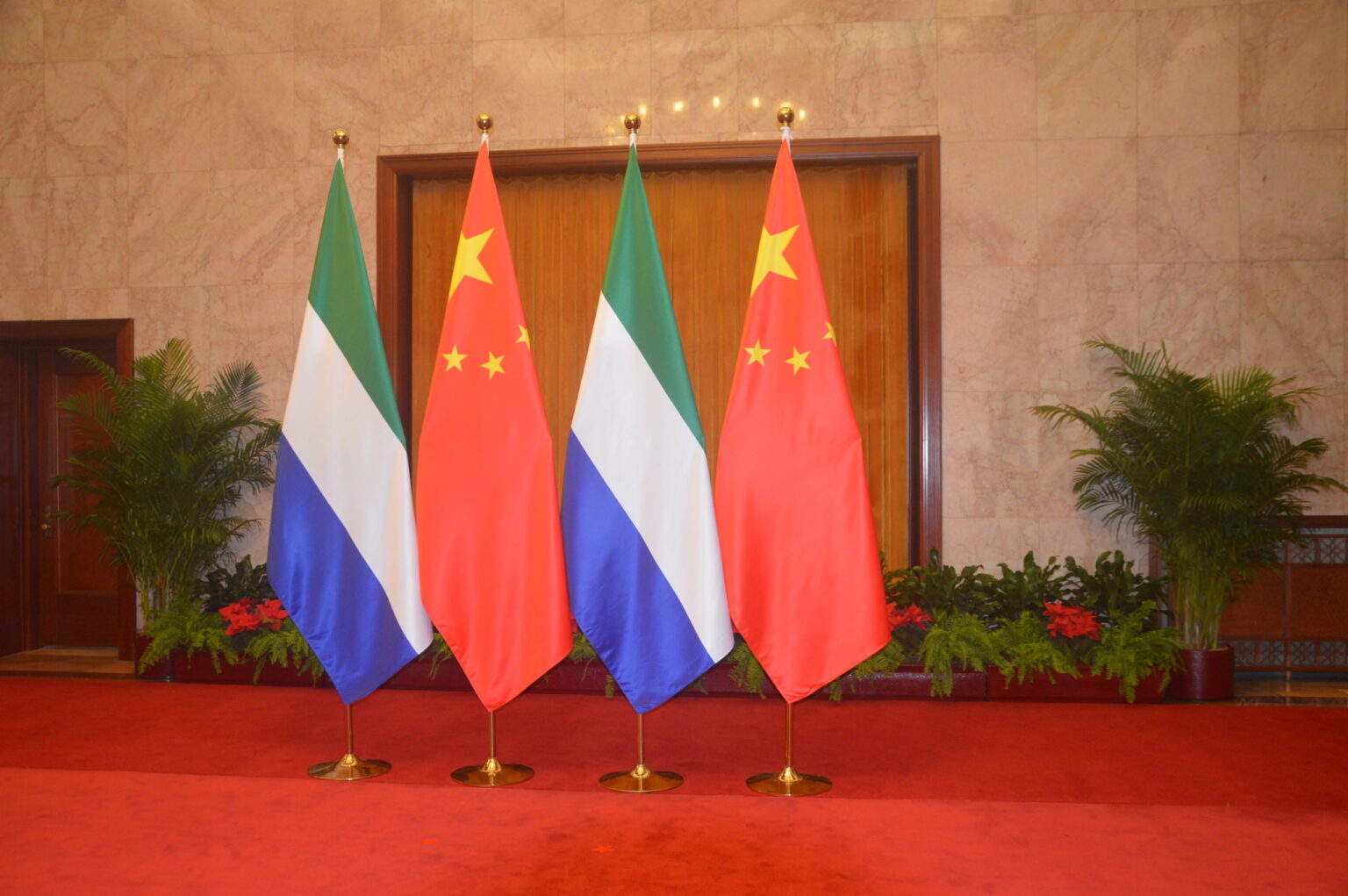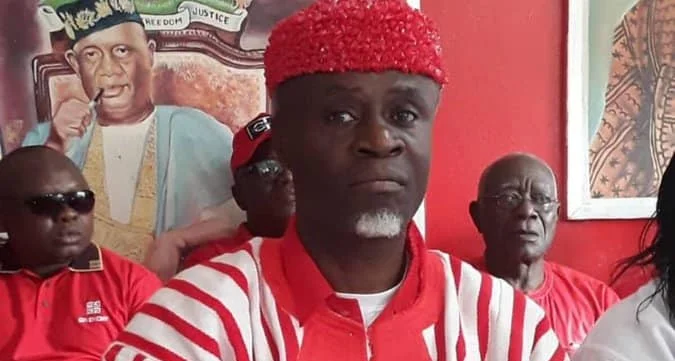3.Whether Section 148(1)(a) and (b) of the Constitution, that is to say, enforcing the attendance of witnesses, examining them on oath, affirmation or otherwise; and compelling the production of documents; amount to ‘proceedings’ as contemplated under Section 48(4) of the Constitution.
4.In the light of Questions 1, 2 and 3 posed supra, can it be said that section 149(4) of the Constitution, which provides that a Commission of Inquiry making ‘an adverse finding against any person, resulting in penalty, forfeiture or loss of status, ‘for purposes of this Constitution’ be deemed a judgement of the High Court of Justice’; is an outcome borne out of ‘proceedings’ as contemplated in section 48(4)? If the answer to the question is yes, does that render a breach of section 48(4) and therefore null and void and ultra vires the Constitution?
5.Whether section 4 of Constitutional Instrument No.67 of 2018, expressly or by necessary implication, conflict with section 48(4) of the Constitution? If the question is answered in the affirmative, does that fact render the impugned provision null and void, and ultra vires the Constitution?
6.On a true and proper construction of Constitutional provisions of section 48(4), whether a President of the Republic of Sierra Leone, is vested with Presidential immunity; If the answer to this question is in the affirmative, can the immunity be characterized as personal or functional, or both;
7.Whether Presidential immunity, is extended to cover executive decisions ONLY during the currency of the term of Office of the President; or is it in continuum, that is, the immunity continues in respect of those executive decisions while in office, even after he or she has vacated the Presidency?
8.In the event the first limb to Question 2 is answered in the restrictive sense, is it the position that a former President upon vacating office, is exposed to civil or criminal proceedings for executive decisions while holding office?
9.In the alternative, should the second limb to Question 2 be answered in the affirmative, that is to say, the immunity continues even after vacating the Office of President, can it then be said, that such immunity is absolute or subject to limitation?
10.In the light of Question 4, whether ‘immunity’ continues after a president has vacated office, is it that such immunity is limited and subject to Parliamentary Waiver? Can it then be said that under section 48(4) of the Constitution, Parliament confers immunity while a person holds or performs the functions of the Office of President and by necessary implication ONLY PARLIAMENT can waive that immunity in express and unequivocal terms?
11.On a true and proper construction of Section 48(4) of the Constitution, can it be said, that to subject a former President of the Republic of Sierra Leone, to Commission of Inquiry proceedings, for conduct during his tenure of office, without the express waiver by Resolution of Parliament, renders a breach of section 48(4) and therefore null and void and ultra vires the Constitution?
AND that the proceedings in the instant Action of Dr. Ernest Bai Koroma vs. Attorney-General & Minister of Justice be stayed pending the reference to the Supreme Court by way of a Case Stated by this Honorable Court pursuant to the Supreme Court Rules, 1982, Statutory Instrument No. 1 of 1982, Rule 99
Joseph Fitzgerald Kamara, Esq.
JFK & PARTNERS,
SOLICITORS FOR THE APPELLANTS













